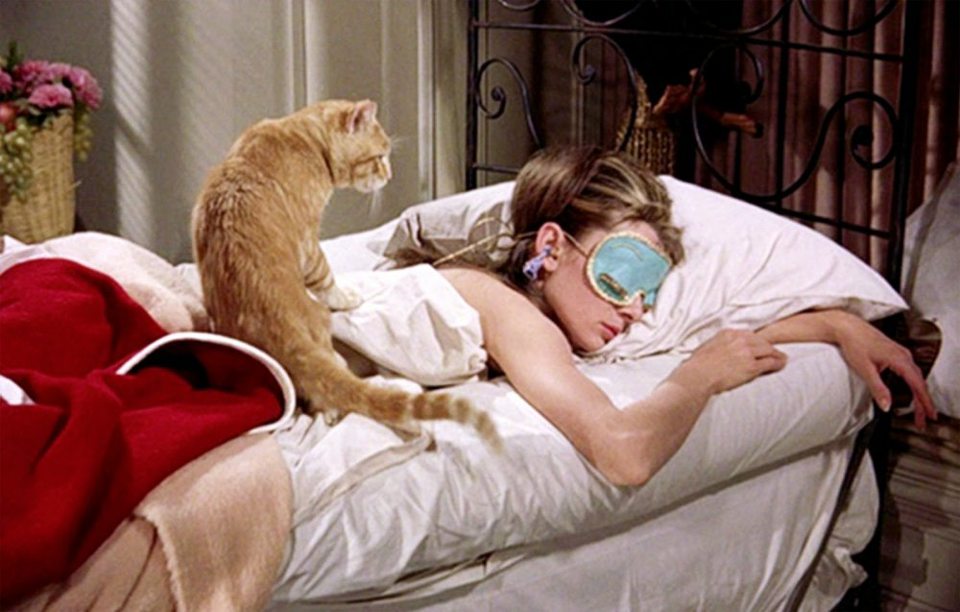
What goes up must come down. After a month of eating, drinking and staying up too late, it’s only natural to feel a little burnt out. But getting back on track isn’t always easy, especially when it comes to sleep. Eager to right our wrongs — though it sure was fun while it lasted — we reached out to sleep expert Dr. Rebecca Robbins (Ph.D.), an instructor in medicine at Harvard Medical School and sleep scientist at the Brigham & Women’s Hospital. Here, Dr. Robbins shares her top five tips to catch up on some z’s.
1. As important as — if not more important than — sleep duration is the consistency of our sleep. Keeping a consistent sleep schedule is vital, for it allows our internal circadian rhythm to know when it should be tired and when it should be alert, enabling us to fall asleep faster and slip into more restorative sleep.
2. Start a relaxing bedtime routine. While it would be nice to be able to turn off our brains like a light switch, sadly, this is not possible. Falling asleep takes time. Build in 20-30 minutes before your target bedtime to relax and unwind. Ask yourself: what are the stressors or barriers that stand in the way of you and sleep before bedtime? If you say ‘TV’ or ‘cell phone,’ try to avoid these things in the time before bed and instead fill this time with soothing activities, like a warm bath or reading a few pages in a book.
3. Avoid coffee at midday dip in alertness. All of us, no matter how well-rested, experience a bit of a slump in the afternoon. Instead of reaching for coffee or tea with caffeine instead go for a walk outside, stretch, workout or take a power nap. All these strategies will help you maintain alertness for the rest of the afternoon without damaging your sleep that night.
4. Try one week of ‘Dry January.’ It is easy to go heavy on alcoholic beverages during the holidays. January is a fabulous time to recalibrate and reorient toward healthier behaviors. While one small glass may help you fall asleep, that or slightly more will disrupt your sleep. Alcohol is particularly damaging to deep stages of sleep, causing us to wake up having slept but not feeling restored. Try avoiding alcohol for one week and notice how your sleep changes. What do you have to lose? You may find that your sleep has radically improved.
5. Get outside into the natural light as often as possible. Exposure to natural light will help us sync our circadian rhythm to the pattern of light and darkness in our environment. Also, light has an energizing effect. Walking outside can help combat the increase in sleepiness that we all feel during the winter. Try to build in a morning walk around the time you wake up and one in the afternoon. A little goes a long way!
For more from Dr. Rebecca Robbins, visit her site.
